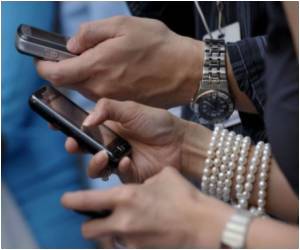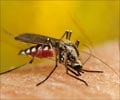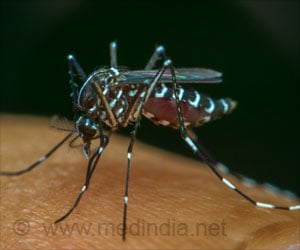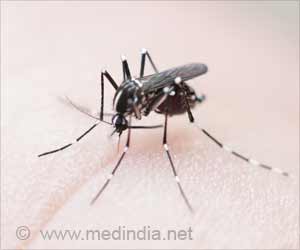A new SMS service has been launched by the Kolkata Municipal Corporation (KMC) that sends dengue test results to patients through a text message within a few hours of the medical examination.

"There are five state-run testing centres in the city, where samples from 148 areas are examined. Sometimes the results take time to reach the patient," said Atin Ghosh, mayor-in-council of health services at the KMC.
"We consulted IT experts to bring this new service in place where the results will be delivered to patients on their mobile phones via a computerised system," he said during the initiative's launch Wednesday.
The results will be forwarded to officials of the state health department and KMC.
"The mobile numbers will be recorded in the patient's prescription while collecting blood. If the patient has dengue then that will be intimated. The report will also specify whether the sample is reactive or non-reactive for dengue," said Ghosh.
Source-IANS
 MEDINDIA
MEDINDIA



 Email
Email








